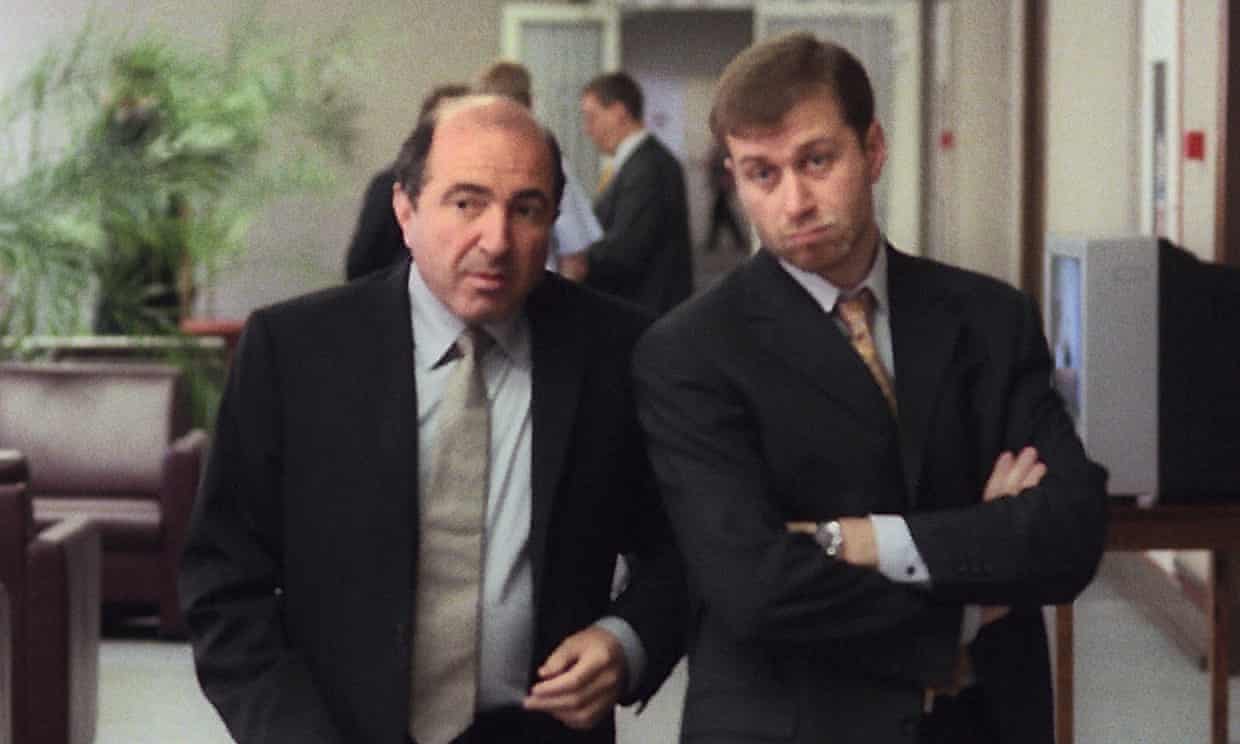The sanctions strategy is flawed. To defeat Putin, you have to know how the Kremlin works

Tue 8 Mar 2022 13.00 EST
Last modified on Wed 9 Mar 2022 03.53 ESTBut while the world rejoiced at the spectacle of seized lavish superyachts and secluded chalets, Russian troops continued making inroads and attacking Ukrainian cities. Only two of the sanctioned individuals expressed their rather reserved disapproval of the war – hardly the “mounting pressure” that the west might have envisioned.
Russian oligarchs will not put pressure on Putin, not now and not anytime soon. They stay silent, even as they watch their assets and fortunes dwindle. We should have expected this. The west misunderstands the concept of oligarchy in modern Russia, which leaves these powerful actors more beholden to the state – or president – than any outside influence, and prevents the jet-set tycoons we see in the western media from wielding real political power.
What the west calls “Russian oligarchs” are not a homogenous group in terms of their interests, functions within the state, or political influence. Those who have direct access to the president fall into two broad categories: the economic oligarchs and the strongmen
> The first group – the economic oligarchs – are essentially trustees who manage day-to-day operations of various industries within the Russian economy, such as banking or oil extraction . Beyond the gaudy decor, private jets and extravagant parties, there are two important factors that characterise this group: their dependence on the status quo, and a total mismatch between their wealth and political influence. . .
> The second group, the strongmen, consists of Putin’s St Petersburg political connections . Originally middle managers, low-level administrators, special ops, scientists, athletes and criminal thugs, these individuals are now holding key government and other power positions. These are Putin’s most loyal supporters, who also hold the most political influence.
This group, on balance, are ideologically conservative and hostile towards the West. They view economics as a tool of the state and are unconcerned with western sanctions. If anything, they view Russia’s looming isolation and the forced return of the economic oligarchs to Russia as a benefit. Autarky and isolation facilitate repression, and further strengthen their status. Strongmen have no reason to remove Putin now – he is fulfilling their dream of a ruthless police state.
The above description is simplified, a rough sketch of the power dynamics in today’s Russia, but it offers important insights. These latest sanctions are unlikely to topple the regime because they do not prevent Putin from distributing rents to his core supporters. They decrease the size of the pie but the pie is still very large, and as long as he can do this, his inner circle will stand by him.
TAKE THE TIME TO READ BETWEEN-THE-LINES >> https://www.theguardian.com/commentisfree/2022/mar/08/sanctions-vladimir-putin-kremlin-russian-oligarchy

No comments:
Post a Comment